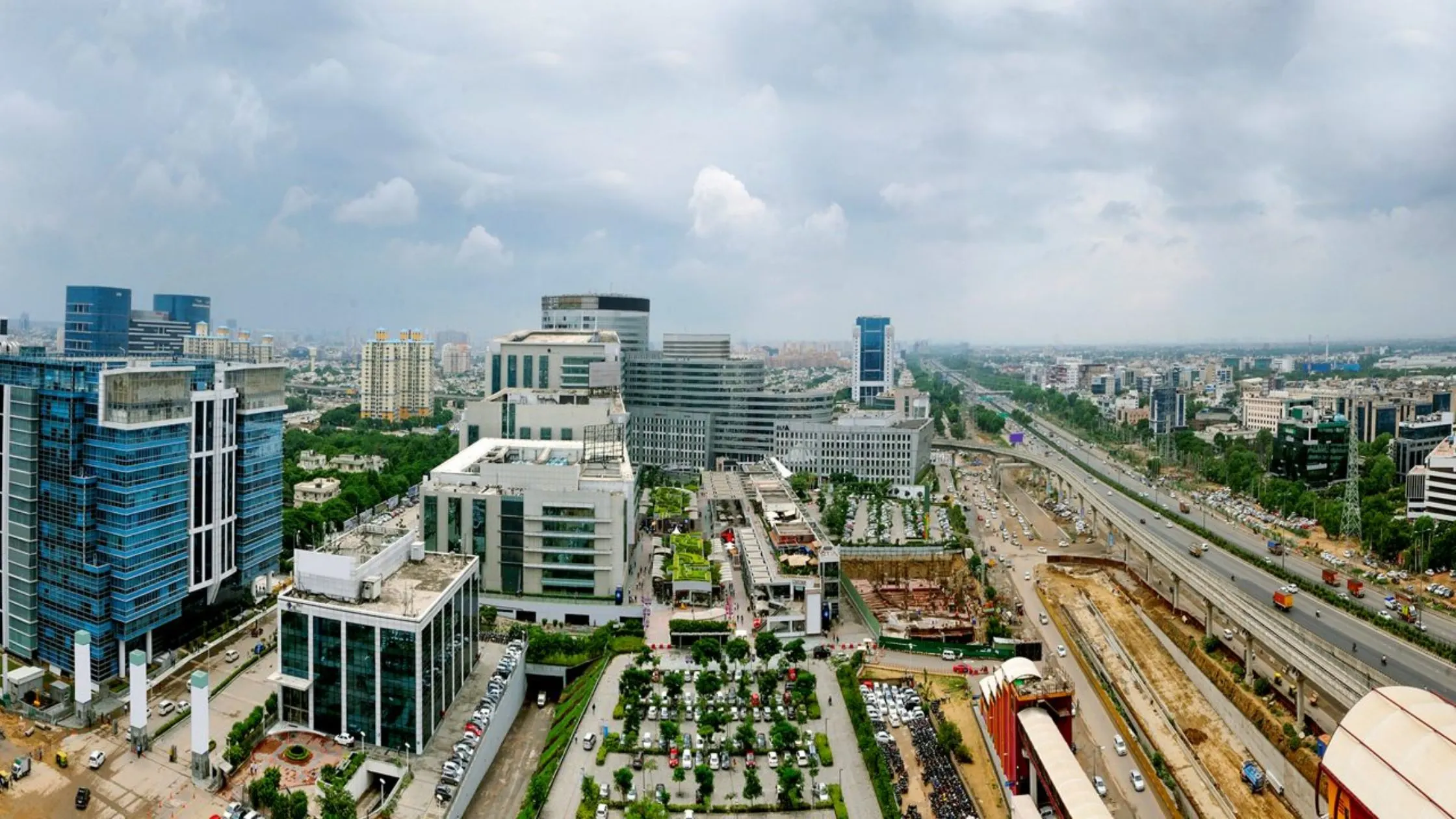Table of Content
▲
India’s real estate sector has witnessed a major shift in land investment trends during the first half of 2025. While metros have traditionally dominated large-scale land transactions, Tier 2 cities land deals in H1 2025 have outpaced expectations, both in volume and value. Leading this wave is Coimbatore, which recorded the largest single land deal of the year a whopping 714-acre transaction.
According to Anarock’s latest report, 76 land deals were sealed across India between January and June 2025, covering more than 2,900 acres. This includes both outright sales and joint development agreements, with Tier 2 and Tier 3 cities contributing the lion’s share.
A Record-Breaking Start to 2025
In just six months, India’s realty sector saw land transactions worth ₹31,000 crore, marking a 15% increase in deal volume compared to the entire 2024 calendar year. The report highlights that Tier 2 cities land deals in H1 2025 were especially strong, with 9 out of 76 deals taking place in emerging urban hubs, accounting for 1,907 acres almost two-thirds of total land transacted.
This trend showcases a significant move away from metro-centric development, signaling a decentralisation of real estate investments toward high-potential but under-utilized locations.
Also Read: Karnataka’s New Apartment Law Nears Completion: What It Means for Homebuyers
Coimbatore Sets a New Benchmark
Coimbatore emerged as the standout performer in this shifting landscape. The city recorded the largest single land transaction of 714 acres, outpacing other major Tier 2 cities such as Ahmedabad (590 acres) and Amritsar (520 acres).
The Coimbatore deal is expected to pave the way for large-scale development, potentially spanning mixed-use spaces, logistics parks, or industrial zones. This massive land acquisition reaffirms the city’s rising stature as a real estate hotspot in South India.
Other Key Tier 2 Cities Making Headlines
Alongside Coimbatore, several Tier 2 cities registered major land deals in H1 2025:
- Ahmedabad: 590 acres transacted
- Amritsar: 520 acres
- Mysuru, Panipat, and Indore also featured in the top contributors' list
The surge in Tier 2 cities land deals in H1 2025 is largely driven by infrastructure upgrades, lower entry costs, and increasing investor interest in new growth corridors.
What’s Fueling the Shift Toward Tier 2 Cities?
Experts believe that the COVID-19 pandemic and subsequent work-from-anywhere culture pushed investors and developers to look beyond traditional metros. As a result:
- Land availability is more abundant and affordable in Tier 2 locations
- Many of these cities are experiencing infrastructure upgrades, including expressways, airports, and industrial corridors
- State-level incentives and policies are encouraging real estate growth in smaller cities
Mayank Saksena, MD and CEO – Land Services, Anarock Group, noted that “Tier 2 and Tier 3 cities, once peripheral to the mainstream real estate map, are now emerging as the next frontier for organized development.”
Tier 1 Cities Still Holding Ground
While Tier 2 cities land deals in H1 2025 have been dominant in acreage, India’s top metros continue to attract interest—especially for strategic and high-value parcels:
- Mumbai Metropolitan Region (MMR) led with 24 deals for over 433 acres
- Bengaluru followed closely with 15 deals across 182 acres
These figures suggest that while metros remain crucial, investor enthusiasm is rapidly growing in the hinterlands.
Also Read: Motilal Nagar Redevelopment: Adani Group Adds Third Landmark Project to Mumbai Portfolio
Breakdown by Asset Type
The land deals in H1 2025 span a variety of proposed uses:
- Residential: 54 deals involving over 1,200 acres
- Commercial: 8 deals covering 48.41 acres
- Mixed-use: 6 deals totaling 1,034 acres
- Industrial and Logistics: 537 acres across 3 key deals
With a combined development potential of 233 million sq ft and revenue potential of ₹1.47 lakh crore, these projects represent a strong growth outlook for the Indian real estate market.
Conclusion
The data is clear Tier 2 cities land deals in H1 2025 have set a new benchmark in terms of volume and strategic importance. Coimbatore’s 714-acre deal not only underscores the city’s real estate potential but also signals a broader shift in developer and investor focus.
As India’s urbanisation continues to spread beyond its major metros, Tier 2 and Tier 3 cities are emerging as the new engines of real estate growth. With supportive infrastructure, large land banks, and competitive costs, these cities are no longer just alternatives; they are the main stage.
Follow AquireAcers Whatsapp Channel to Stay Updated With The Latest Real Estate News






Ans 1. Improved infrastructure, lower land costs, and state-level policy incentives have made Tier 2 cities attractive for developers and investors looking for high-potential, cost-effective real estate opportunities.
Ans 2. Coimbatore led the country with a single land transaction of 714 acres the largest in H1 2025. This deal is expected to support mixed-use or industrial development, putting the city in the spotlight.
Ans 3. India saw 76 land deals totaling over 2,900 acres in just six months, valued at around ₹31,000 crore. Tier 2 and Tier 3 cities accounted for nearly two-thirds of this total.
Ans 4. Not at all. While Tier 2 cities dominated in terms of acreage, metros like Mumbai (433 acres) and Bengaluru (182 acres) still attracted several high-value, strategic land transactions.
Ans 5. The land will be developed into residential, commercial, mixed-use, and industrial/logistics projects. Residential use leads in deal volume, while mixed-use projects dominate in terms of area.
Ans 6. Given current trends, Tier 2 cities are expected to become major growth hubs. With demand rising, land availability high, and infrastructure improving, the momentum is likely to continue well into the next few years.